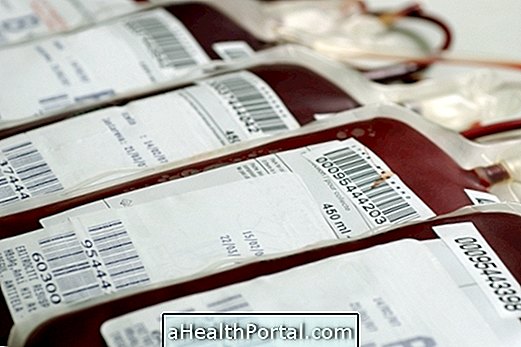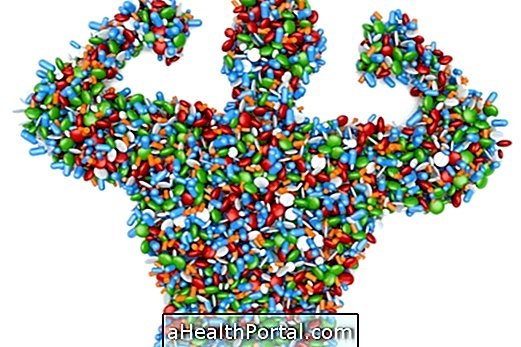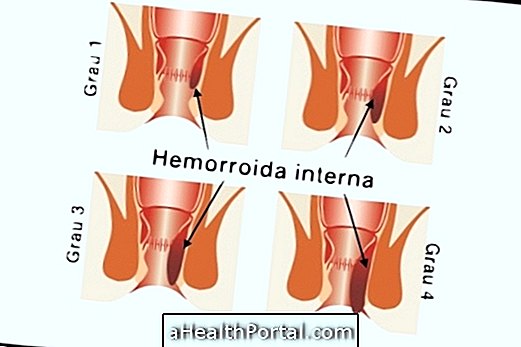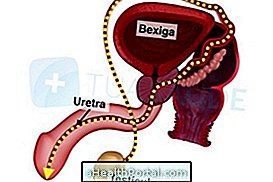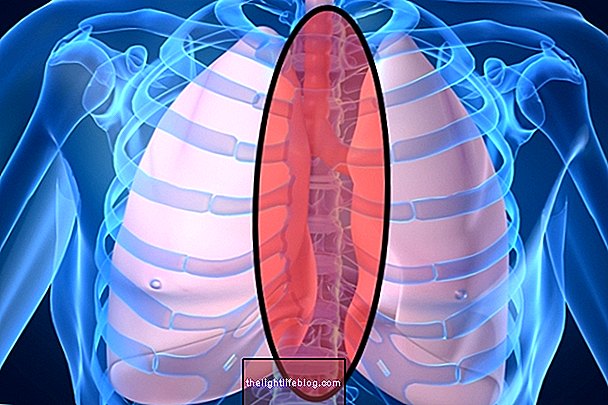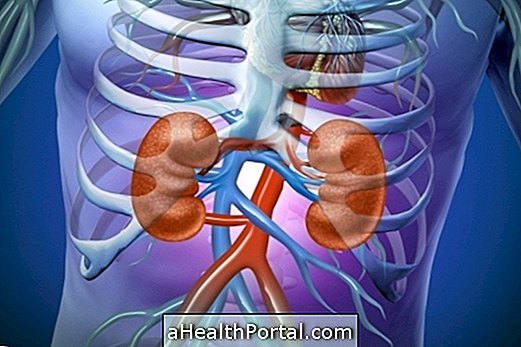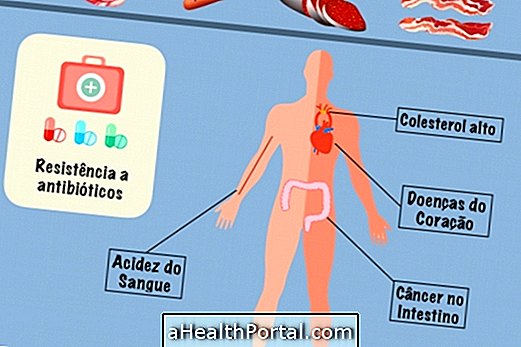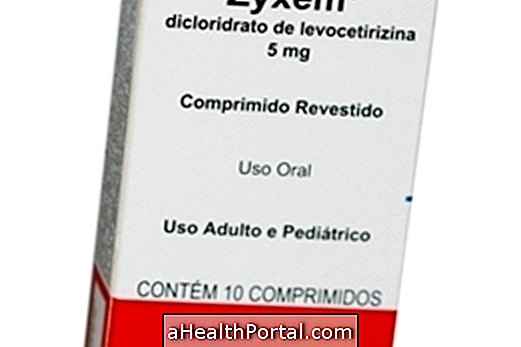To treat chronic kidney failure (CKD) it may be necessary to perform dialysis, which is a procedure that helps to filter the blood, eliminating the bad substances and helping to maintain the good functioning of the organism, especially when the kidney works only 15%. In addition, it may be necessary to have a kidney transplant, maintaining a diet low in protein and salt, and taking medicines prescribed by the nephrologist, such as diuretics and antihypertensives.
Kidney disease is considered chronic when the lesion lasts for more than 3 months, causing symptoms such as swollen legs, high blood pressure and back pain for example, having as its main consequence kidney failure, which can lead to death.
Treatment for chronic renal failure
In the early stages of chronic kidney failure, you should decrease your intake of protein, salt and potassium-rich foods, avoid dehydration, and take diuretic and antihypertensive medicines, such as Lisinopril or Ramipril, to keep blood pressure down. the loss of albumin in the urine because they help preserve kidney function.
However, in more advanced stages the diet is not enough and it may be necessary to perform other treatments such as:
- Peritoneal dialysis: is the filtration of blood made at home every day of the week at night, putting a liquid inside the abdomen to filter the blood, and remain in the abdomen for about 8 hours;
- Hemodialysis: the patient has to go to the hospital to filter the blood through a machine that performs the same functions as the kidneys. During this procedure the blood is drawn through an injection into the arm and returned to the body through another tube when the toxins were removed.
- Kidney Transplantation: This is a surgery in which a sick kidney is replaced by a healthy one donated by a compatible patient. This surgery is time-consuming and recovery takes about 3 months, and rejection of the new organ may occur. Learn more about Kidney Transplantation.
Chronic kidney disease can be classified in several stages, where there are 5 degrees and the last one is the most severe, because the kidneys only work 15%, requiring treatments such as dialysis or transplantation.
Symptoms of chronic kidney failure
At an early stage, the individual may have no symptoms because the kidneys adapt to the problem. However, symptoms may slowly develop as:
- Arterial hypertension;
- Swelling in the lower part of the eyes;
- Swollen legs and feet;
- Waking up to urinate when this was not a habit;
- Urine with foam;
- Very tired;
- Lack of appetite;
- Pallor;
- Back pain;
- Nausea and vomiting.
For the diagnosis of chronic renal failure, blood and urine tests should be performed. These tests are important to check the amount of urea, albumin and creatinine present in the body, because when the kidneys are not functioning properly, their concentrations are very high and arise in the urine.
Main causes of chronic renal failure
The main causes of chronic kidney failure are poor control of diseases such as diabetes and hypertension, which overburden the functioning of the kidney.
Frequent urinary infections, presence of hereditary cysts and cardiovascular disease, as well as drug use, medications and the presence of kidney cancer can also lead to serious injuries leading to kidney disease.
How to avoid aggravation of chronic renal failure
To prevent the disease progressing it is necessary to control blood pressure and sugar levels by maintaining balanced nutrition with low salt, sugar and fat intake. In addition, maintaining an adequate body weight, eliminating cigarette smoking, reducing alcohol intake, and exercising regularly is critical.
These measures should also be taken to prevent the onset of this kidney disease.
Here's how to feed the video correctly:



